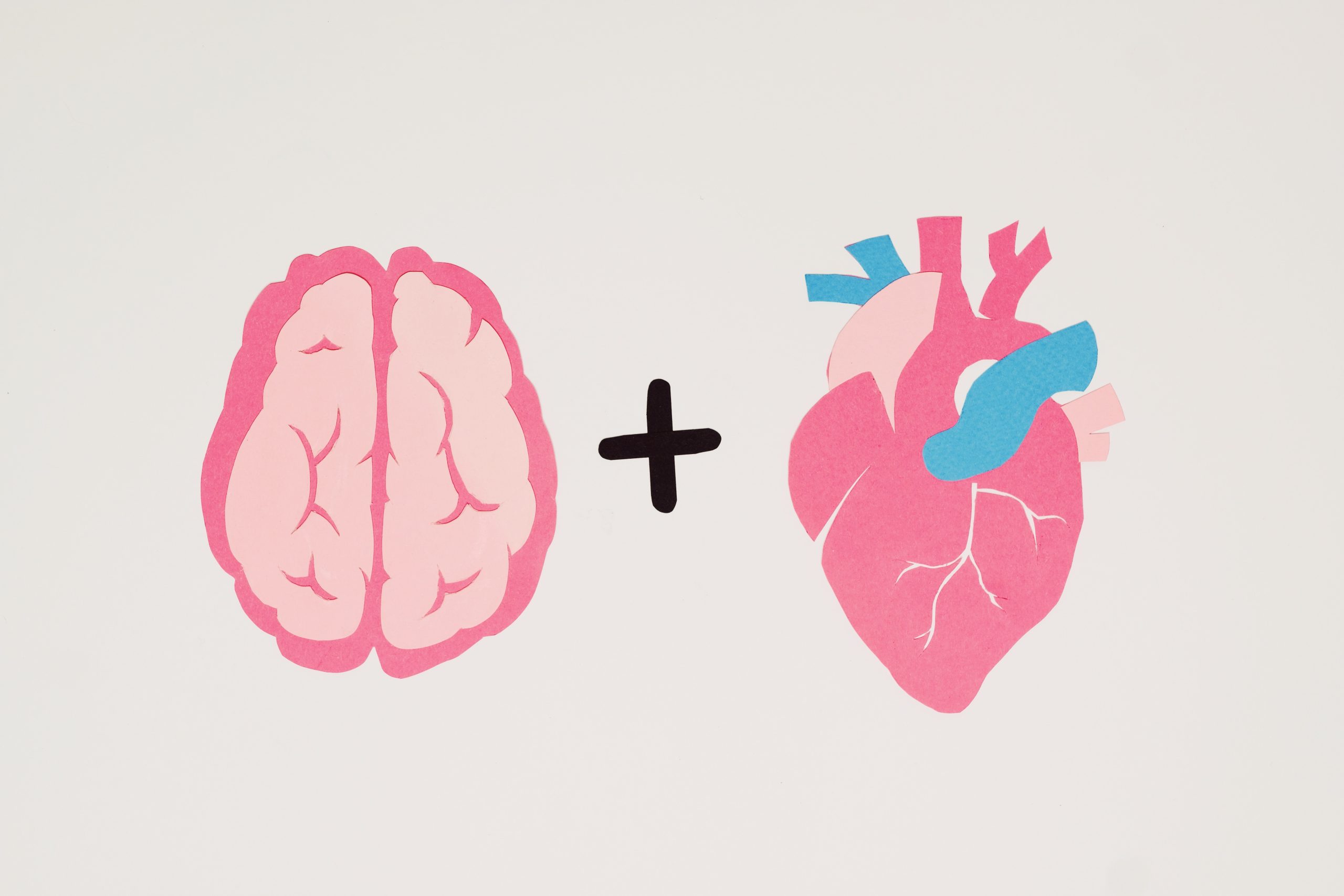Stress is a natural part of life that affects everyone at one point or another. Daily responsibilities like caring for your family, working, or running errands, to significant life events can trigger a stress response. And, believe it or not, short-term stress can benefit your health. However, if your stress response never turns off, it can adversely affect your health in major ways.
Brain, Nervous and Sensory System
During times of physical or psychological stress, your amygdala instantly sounds the alarm by sending a distress signal to the hypothalamus. Your hypothalamus acts as your brain’s control center and communicates with the rest of the body through the autonomic nervous system. Once the hypothalamus receives the signal, your sympathetic nervous system (fight-or-flight response) turns on.
Endocrine System
The adrenal glands are part of the endocrine system which is responsible for producing certain hormones. During times of stress, they produce adrenaline and cortisol into the bloodstream. As they circulate through the body, they trigger numerous physiological changes. First of which happens in the liver. When adrenaline and cortisol are released, the liver produces more glucose to fuel your “fight or flight” response.
Cardiovascular System
Some of the first physiological changes that take place include increased heart rate and elevated blood pressure. When stressed, your heart has to work harder to produce the blood flow needed to maintain bodily functions. However, the long-term elevation of blood pressure can be extremely harmful to your health.
Respiratory System
As your pulse begins to rise, so does your breathing. Small airways within the lungs expand so the lungs can take in as much oxygen as possible. This increase of oxygen not only benefits the cardiovascular system, but it is also sent to the brain which improves alertness.
Musculoskeletal System
During times of stress, it’s common to feel tension or tightness in your muscles. If they are tense for long periods, this can result in tension headaches, muscle cramps, pain, and migraines.
Gastrointestinal/Immune System
There are millions of neurons residing in the gut that are in constant communication with the brain. So, it’s no surprise that stress alters gut-brain communication as well. When stressed, people often feel “butterflies” in their stomach, nausea, bloating, and/or abdominal pain. Stress also affects digestion and nutrient absorption, often resulting in constipation or diarrhea. Stress also stimulates the immune system which can help you avoid infections and heal wounds. However, long-term stress will reduce your immune system’s ability to fight invaders making you more susceptible to illness and disease.
Integumentary System
Your hair, skin, and nails are all part of your integumentary system, but it also includes your sweat glands. Sweating is your body’s way of cooling off, but sweat produced in response to stress is different. When reacting to stress, a milkier sweat made up of fatty acids and proteins released from the apocrine glands which are found near pockets of hair follicles under the arms, around the groin, and on the scalp.
Urinary System
Frequent urination is a common symptom of stress. In times of high or persistent stress, your kidney health can take a beating. High blood pressure and elevated blood sugar can place additional strain on your kidneys. And while there is much still unknown about the effect of chronic stress on your urinary system, research suggests that anxiety, environmental and chronic stress may contribute to lower urinary tract symptoms such as frequent urge to urinate and difficulty emptying the bladder completely.
Reproductive System
In women, chronic stress can affect menstruation, worsen menopause symptoms, decrease libido and fertility, and increase the risk of complications during pregnancy. Chronic stress in women can exacerbate symptoms of reproductive diseases such as Polycystic Ovarian Syndrome. In men, libido, sexual performance, and fertility can all be adversely affected by stress. Men can also become vulnerable to infections of the testes, urethra, and prostate gland.
Stress is a natural part of life, but it doesn’t have to control your life. [TVBLOGCOPY]Learn how to cope[/TVBLOGCOPY] [MWSBLOGCOPY]Learn how to cope[/MWSBLOGCOPY] during stressful times.
Curious about your body systems? [TVBLOGCOPY]Read more here.[/TVBLOGCOPY][MWSBLOGCOPY]Read more here.[/MWSBLOGCOPY]










